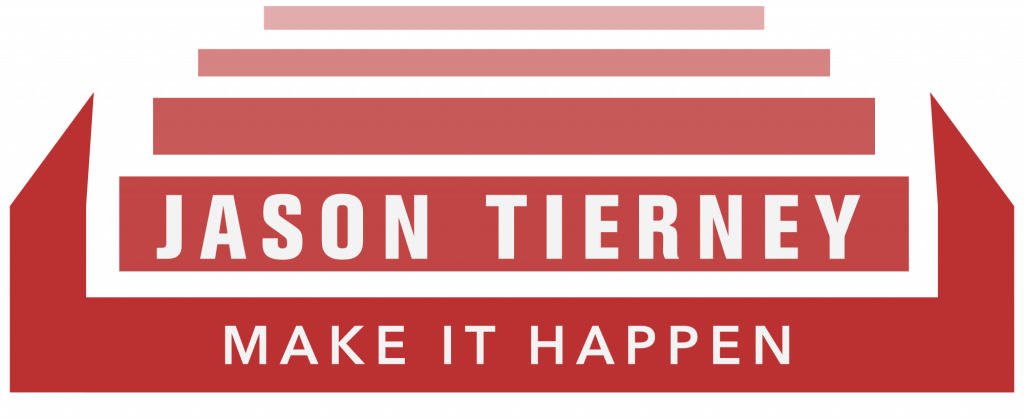 Back in the day, I worked at a dental lab that manufactured oral appliances. Like a Bill Murray-less Groundhog Day, the customer service team called dentists to get feedback about their first cases. Dentists raved about how the patient’s spouse thanked them with hugs, cookies, or the whole Sentimental Value Meal. “It was the easiest thing I’ve done as a dentist, and they were both so damn happy. By the way, what do other dentists normally charge for these things?”
Back in the day, I worked at a dental lab that manufactured oral appliances. Like a Bill Murray-less Groundhog Day, the customer service team called dentists to get feedback about their first cases. Dentists raved about how the patient’s spouse thanked them with hugs, cookies, or the whole Sentimental Value Meal. “It was the easiest thing I’ve done as a dentist, and they were both so damn happy. By the way, what do other dentists normally charge for these things?”
“It varies, but it’s usually between $3,000 and $6,000,” the rep answered.
“WHAT?! Are you kidding me? That seems criminal. I just doubled the lab fee. You’re telling me that dentists are charging $6,000 for these, seriously?”
The rep continued, “You’ll have to bill medical insurance, not dental insurance, to see those kinds of numbers, plus a copy of the patient’s sleep study and some other documentation.”
Click! Dr. McGreedy would hang up at this point and pull his office manager into the room. “You know that snore appliance we just delivered? We could’ve gotten six grand for it from his medical insurance. I want to start doing more of these things.”
“OK, what information do they need? Do they need a pano? You sure I can’t just send it to Delta?

The office manager submits claims for the next three cases. On the first, they receive payment for $5,789. The results aren’t as impressive for the other two cases. Even though they filled out the forms just like in the webinar, one claim is denied, and the other only pays $926.
 She navigated the nine levels of voice prompt hell, only to end up in “transfer you to another representative” purgatory. After repeatedly recounting all the details to each human when they actually picked up the phone, she’s finito. What in the heck happened?
She navigated the nine levels of voice prompt hell, only to end up in “transfer you to another representative” purgatory. After repeatedly recounting all the details to each human when they actually picked up the phone, she’s finito. What in the heck happened?
The denial probably had something to do with Dr. McGreedy’s multiple personalities as the ordering physician for the sleep test and the prescribing doctor for the device. Cutting corners in the name of greed means Doc doesn’t get the production and is jeopardizing his livelihood, and the patient fails to get the necessary treatment.
In the span of one presidential term, dentists who’d been doing cartwheels by the allure of $2,000 checks were now complaining about the occasional $1,400 Medicare allowable that fell between their $6,000 Plan F and Plan G patients. Cries of, “It’s just not worth it anymore” could be heard from rapacious lecturers. Scurrilous billing companies popped up, pushing dodgy billing protocols. I attended a course where the speaker displayed slides showing EOBs for $19,000. Stories like these spread quickly through the grapevine, and suddenly $2,000 for an hour of doctor time and a life saved isn’t worth the squeeze. This is a problem for patients, practices, and the profession.
Smart dentists treating 1–30 patients per month outsource their medical billing to a third-party service. Like restaurants, running shoes, and real estate, not all medical billing companies are created equal. Most of them do a decent job submitting your claims and working them for you.
Many billing companies bill you a percentage of what the claim pays. The more you make, the more they make. Theoretically, this incentivizes them to maximize the amount collected for you. The best companies provide you with a pristine EMR to seamlessly submit documents for processing.
 The greatest distinction between companies is the levels of communication and support. Communication is a differentiator. A quote from Peter Thiel is resonant, “Superior sales and distribution by itself can create a monopoly, even with no product differentiation.”
The greatest distinction between companies is the levels of communication and support. Communication is a differentiator. A quote from Peter Thiel is resonant, “Superior sales and distribution by itself can create a monopoly, even with no product differentiation.”
Don’t bop from one billing company to the next. If you’re getting reimbursement for most cases and your team is generally happy with the billing company’s communication, then stay with that company. If you don’t get paid for a claim or the allowable is less than you’re accustomed to, ask your billing company for details. Don’t knock them on Facebook or slander them while calling their competitors.
There number of different insurance plans is rivaled only by the number of regrets you have about high school fashion choices. Each plan has their own obstacle course to navigate, and they often add new hoops, twists, and turns without warning. The better billing companies stay abreast of these changes, allowing them to navigate the course as best as it can be navigated. Still, it’s a rigged game. If you’re working with the best third parties, they’ll figure things out for you and keep you updated. If your company isn’t doing that for you, then, yeah, it’s time to find a new one.
Stop effing around. Get a good medical billing partner, treat more sleep patients, follow the rules, and watch your collections grow. If you want more no nonsense tips so you can laugh your way to building a successful sleep practice, check out my new book TRANSFORM DENTAL SLEEP: The Step-by-Step Guide to Doubling Your Sleep Patients, Increasing Physician Referrals, Simplifying Processes, and Improving Your Life.

Stay informed about Jason’s books, media, & adventures
